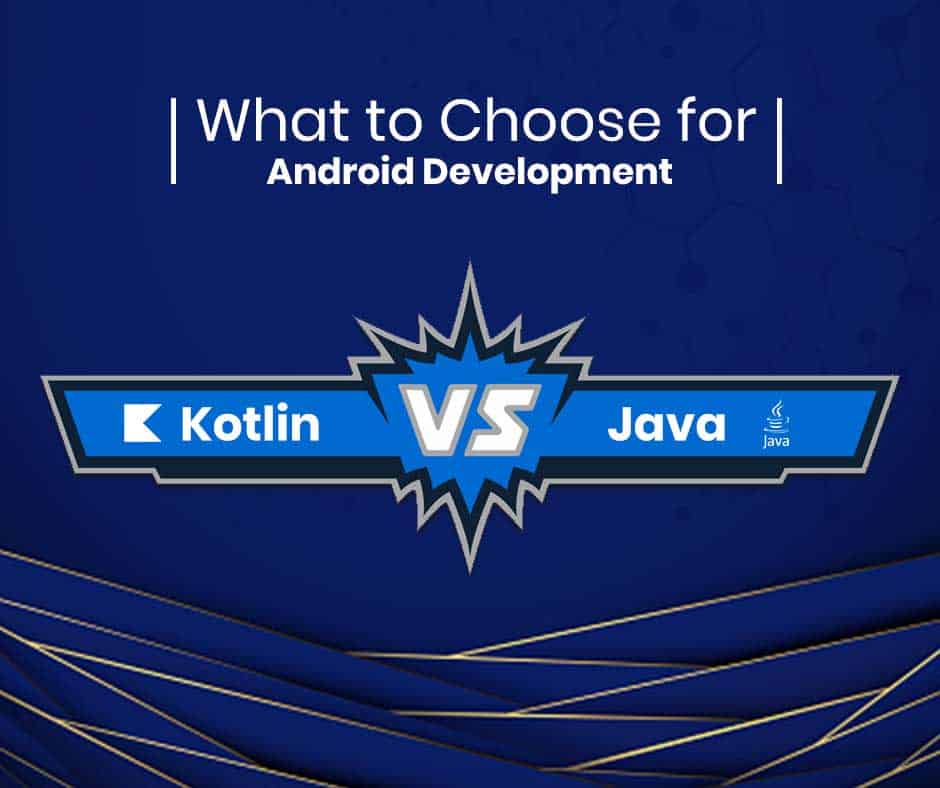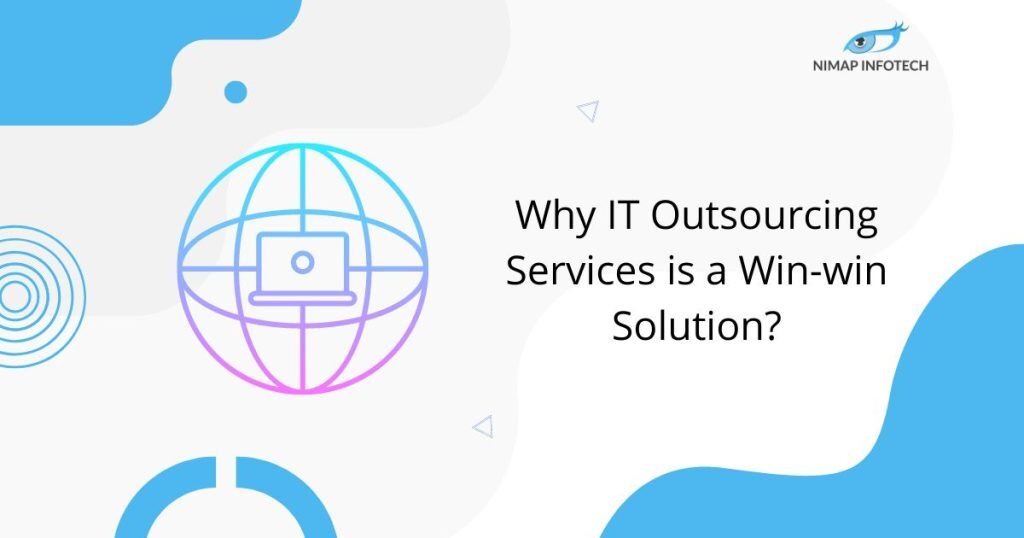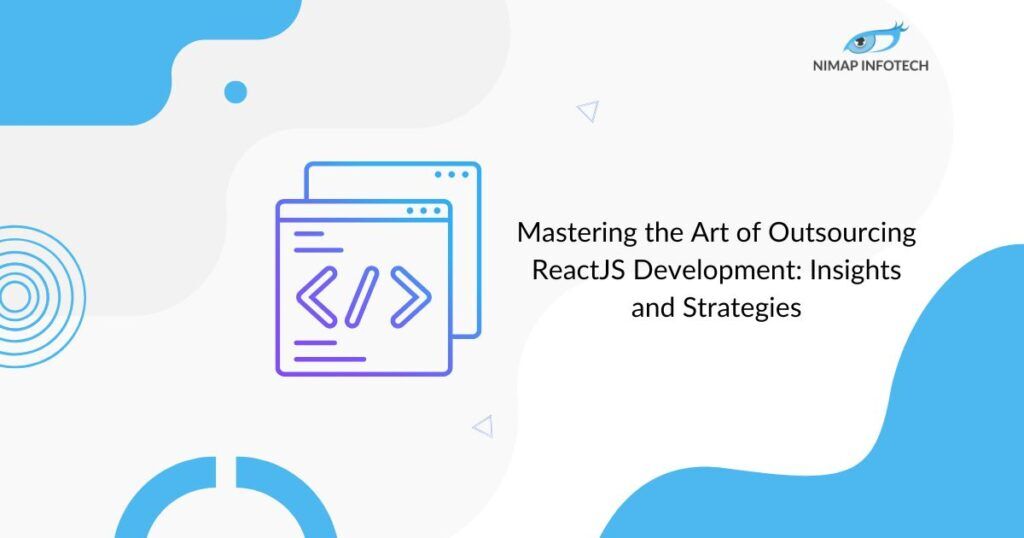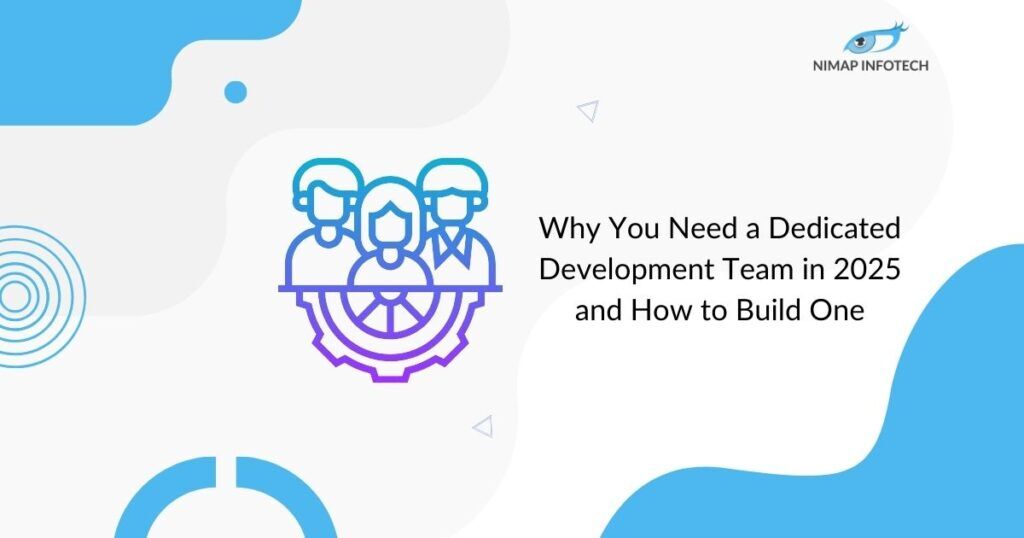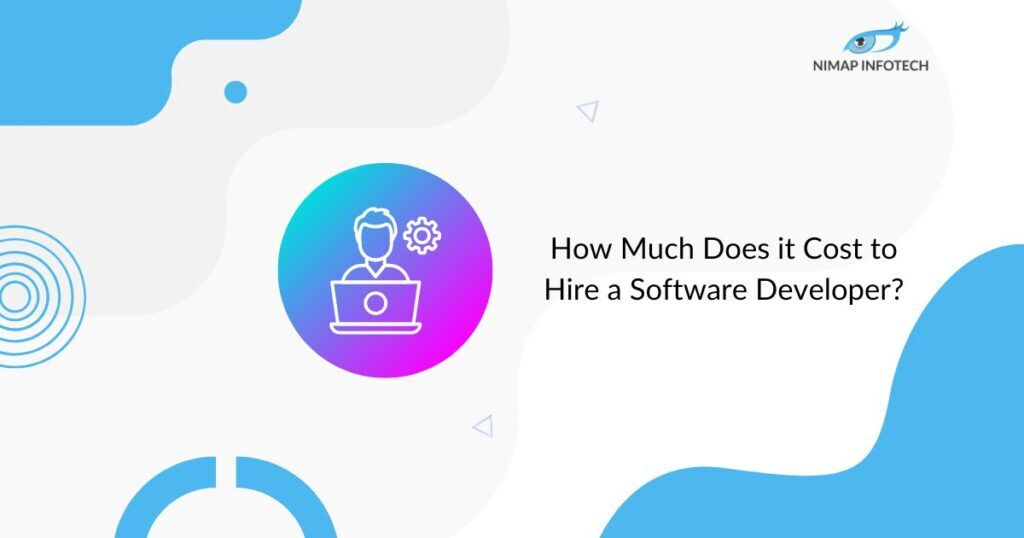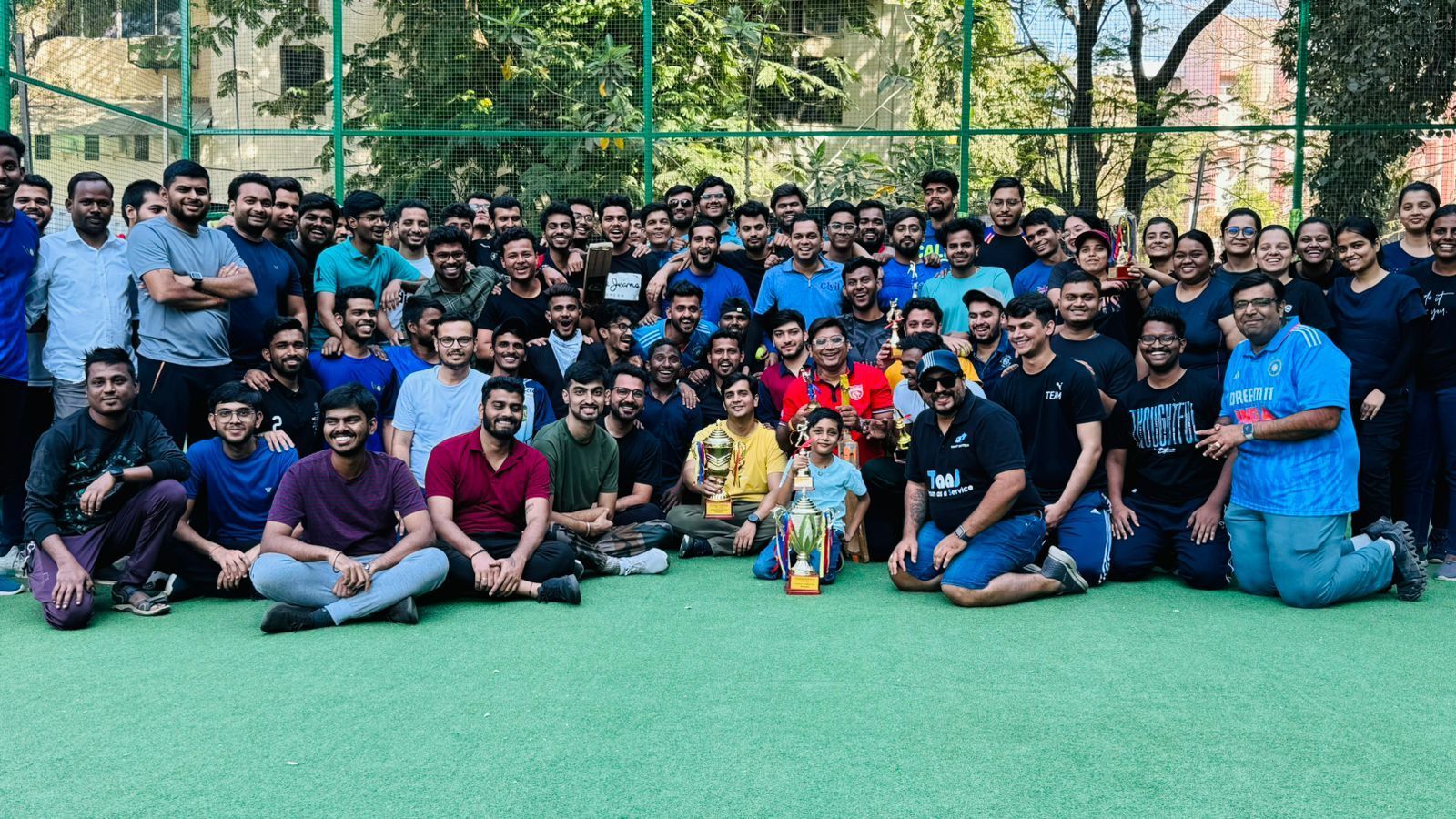Java has been around for over two decades, and it remains one of the most popular programming languages today. On the other hand, Kotlin is a relatively new programming language that has gained popularity in recent years, especially among Android developers. The popularity of Kotlin has been growing ever since this announcement. This has influenced a lot of specialists to predict the collapse of Java as we know it as far as mobile development is concerned. We got to the root of the topic to see how Kotlin & Java fare so that you are able to see how the two stack up against each other and who is the winner.
In the past few years, Kotlin was able to successfully take ahead of Java as the number one development language. Leverage JavaScript trends, stay ahead in web development, and create modern applications by hiring skilled JavaScript developers for your project. Because of a number of features that we will outline in this blog, it was able to dethrone Java at least as far as Android app development is concerned. With the ability to perform far better and being faster than Java, it was able to successfully take the crown.
Let us take a look at what makes Kotlin so popular as compared to its older sibling Java. Especially in the case of Android app development, it seems to have taken the lead from Java.
Table of Contents
ToggleWhat is Kotlin?
Kotlin is an open-source programming language used by developers to create software and apps for a wide range of devices. It’s popular because it’s simple to understand and write, and it can operate on various platforms, including computers, phones, and even watches.
Programmers consider it a tool for creating digital objects such as applications and websites. It’s similar to a language both the programmer and the computer can comprehend, and Kotlin is one of the alternatives.
What is Java?
Java is a computer programming language developed in 1991 by a developers group led by James Gosling. Moreover, it originally bore the name “OAK” but underwent a subsequent renaming to Java.
Java is a powerful programming language used to develop various applications and services. It is similar to other well-known programming languages such as C++ and BASIC. Java, as an Object-Oriented Programming Language (OOPL), aims to depict objects and their interactions.
Developers can use Kotlin as an alternative to Java for designing Android apps.
One of the primary arguments for utilizing Kotlin is that it may minimize the amount of code required to construct an app, resulting in more efficient development. On the other hand, Google continues to promote Java as a popular language for Android programming.
Kotlin vs Java- Key Difference:
-
Syntax:
Compared to Java, Kotlin has a more concise syntax and uses fewer lines of code to achieve the same results. Additionally, Kotlin’s modern programming concepts make its syntax more intuitive to beginners.
-
Performance:
In comparison to Java, Kotlin is relatively new, so it has not been optimized as much as Java. Despite its speed and high performance, Kotlin is not as well known as Java.
-
Ease of Use:
There are more modern features in Kotlin than in Java, including null safety and extension functions, making it easier to write clean and concise code. Designers created Kotlin to be more user-friendly than Java. Due to the complexity and complexity of its features and syntax, Java has a steeper learning curve.
-
Popularity:
The Java programming language has been around for a long time and has an established developer community, further, making it a very popular programming language for various purposes. The Kotlin programming language, on the other hand, is a relatively new language with a smaller community, but in recent years, it has gained popularity, particularly in Android development.
-
Development Tools and Frameworks:
Compared to Java, which has a longer lifespan, Kotlin offers fewer tools and frameworks, but they are more modern and specifically designed for Kotlin. Java has a wider range of development tools and frameworks available, whereas Kotlin has fewer varieties.
-
Null Safety:
Null safety is a feature in Kotlin that prevents null pointer exceptions from occurring in code. Hence, developers achieve it by employing nullability annotations and the Elvis operator. Null safety is not native to Java, but there are libraries and best practices for mitigating exceptions caused by null pointers.
-
Functional Programming:
Functional programming concepts are strongly supported in Kotlin, like lambda expressions and higher order functions, while Java also supports these concepts, but the support is not as robust.
-
Use Cases:
Java and Kotlin stand out as extensively employed programming languages across a diverse array of applications. Java is especially popular for enterprise applications, web development, and Android apps. Kotlin, known for its modern features and concise syntax, is gaining popularity in Android development, server-side development, and data science.
Read More: Flutter vs Java
Kotlin vs Java: Comparison Table:
| Features | Java | Kotlin |
| Primitive Type | Java In Java, primitive types is not objects. There are eight basic data types: byte, short, int, long, float, double, boolean, and char. | Kotlin’s primitive types are objects with identical data types, with an additional “Unit” type representing a type with only one value, used when no other value is needed. |
| Product | Sun Microsystems created Java as a programming language in the 1990s. It is an Oracle Corporation product. | JetBrains, the company behind the IntelliJ IDEA IDE, created Kotlin, a newer programming language. |
| Used for | Java is a general-purpose programming language, which means it may be used for a broad range of applications, from web development to mobile app development. | Kotlin, too, serves as a General Purpose Language utilized for creating server-side apps and Android applications. |
| Concise | In comparison to Kotlin, the code is not as succinct. | Kotlin is widely regarded as being more succinct than Java. It cuts down on boilerplate code. |
| Checked Exceptions | Up against Kotlin, Java contains a feature called “checked exceptions,” which implies that the compiler will compel the programmer to handle specific errors. | It is not necessary to catch or disclose any exceptions. Kotlin, on the other hand, lacks checked exceptions, which means that the programmer is not required to handle errors |
| Casting | Java has a wide user community. Java’s community is larger and more established than Kotlin’s. | Kotlin has grown in prominence recently, with a burgeoning developer community. Its user base is not as large as that of Java. |
| Extension Function | There are no extension functions in Java. | Extension functions can be written in Kotlin. |
| Widening Conversion | Java supports widening conversions, which allows us to convert a smaller type to a larger one. | Widening conversions are not supported in Kotlin. As a result, we cannot transform the smaller type into a larger one. |
| File Extension | The “.java” file extension is used for Java files. | The “.kt” file extension is used for Kotlin files. |
| Community Support | Java has a wide user community. Java’s community is larger and more established than Kotlin’s. | Kotlin has grown in prominence in recent years, with a burgeoning developer community. However, its user base is not too large as that of Java. |
| Compilation Time | Java takes less time to compile. | Kotlin’s compilation time is slower than Java’s. |
| Code Comparison | Java code is typically thought to be less understandable. As compared to Kotlin, the code line is simply twice. | Kotlin-written code is typically thought to be more readable. It divides the code line into two. |
This was a Comparison Between Java vs Kotlin let’s look at some advantages of Kotlin & Java.
Advantages of Kotlin
- Shared Codebase, with the Kotlin Multiplatform framework, developers may build a single codebase that targets many platforms at the same time, saving time and effort.
- Kotlin is compatible with current Java codebases because it can interchange and consume information from Java in various ways.
- However, Kotlin has built-in null safe support, which helps avoid null pointer exceptions, a common problem in Java, and is notably useful in Android development.
- Kotlin offers user-friendly and comprehensible coding rules that make it easy for developers to learn and utilize the language.
- Kotlin’s compact and powerful syntax again, makes it easy to understand and create code, lowering the risk of mistakes.
- Kotlin separates enormous programs into smaller, more accessible layers, making code maintenance and updating easier.
- Additionally, Kotlin provides an easy and automatic manner of building data classes, decreasing the amount of boilerplate code necessary.
- Extension functions in Kotlin allow developers to enhance the capabilities of existing classes and make code more flexible.
- Kotlin has function types & specific language constructs like lambda expressions, making it simpler to create and comprehend functional code.
- Additionally, Kotlin’s status as a statically typed language simplifies understanding and writing, thereby minimizing the likelihood of errors.
Hire Kotlin Developer
Advantages of Java
- Java’s verified exceptions system aids in the swift identification and resolution of errors, ensuring that any mistakes are rectified before the program is executed. This makes it easy to detect and resolve issues.
- Also, Java’s libraries are simple to explore, making it easier for developers to locate the tools they need to construct their applications.
- Java offers rich documentation, making it easy for developers to understand and utilize the language.
- There is a huge pool of professional Java developers accessible, and finding skilful developers to work on Java projects is easy.
- Java provides a large choice of third-party libraries that may assist developers in speeding up development and adding additional functionality to their projects.
- Moreover, Java empowers developers to construct standard programs and reusable code that they can leverage across multiple projects.
- Java is a multi-threaded environment, which implies that developers may do several activities in a program at the same time.
- Java is well-known for its great performance, making it a popular choice for developing high-performance applications.
Hire Java Developer
Also Read: Java vs NodeJS
Conclusion:
It is indeed Kotlin that is the future of Android app development. With its abundance of community support and learning materials that you can find online, app developers can use Kotlin to develop apps for the Android platform. Kotlin is a successor to Java for Android app development. You can get multiple benefits when you use Kotlin for your Android app. If you are looking to develop an Android app for your business then you should contact us at enquiry@nimapinfotech.com with your requirements.
I hope you like this blog on Kotlin vs Java. Do check our other blogs.
Author
-

With 14+ years in IT and entrepreneurship, I co-founded Nimap Infotech, a digital transformation company that has delivered 1200+ projects and built a team of 400+ engineers. I’ve also led mobile development teams at Accenture India and IBM Apple Garage and developed a network of 7k+ iOS and Android developers. As an Angel Investor, tech advisor, and mentor, I actively engage with the startup ecosystem.
View all posts

